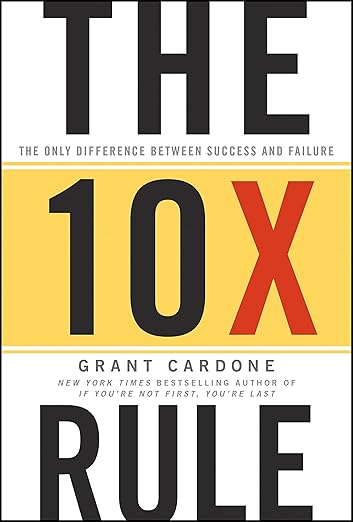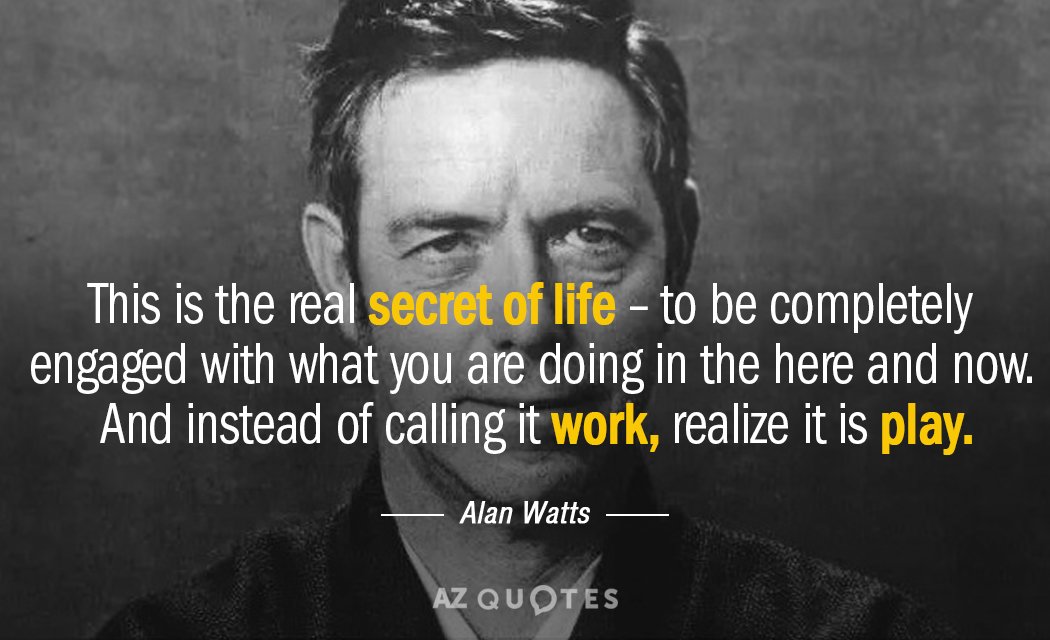
Amazon.com: The Three Laws of Performance: Rewriting the Future of Your Organization and Your Life (J-B Warren Bennis Series Book 172) eBook : Zaffron, Steve, Logan, Dave: Kindle Store
Three Laws of Performance Book: Business Leadership for Breakthrough Performance
Three Laws of Performance book, excerpts on from the Three Laws book
mentioned here:
3 Ways Your Words Change Your Habits and Your Life - YouTube
by Dr. Benjamin Hardy
summary by ChatGPT:
The book "The Three Laws of Performance" introduces a groundbreaking concept: the idea of a "default future." This default future is not the one we desire or hope for but rather the one we expect deep down. Neuroscientists describe the brain as a prediction machine, constantly anticipating the most likely future. In this video, Dr. Benjamin Hardy, an organizational psychologist and author, explores how language influences our lives in three significant ways.
Shaping Your Future: Language plays a pivotal role in shaping our expectations and perceptions of the future. This is known as generative language. For instance, Dr. Hardy discusses how tying habits to existing routines, as suggested by B.J. Fogg in "Tiny Habits," can change one's outlook on the day ahead. By saying, "It's going to be a great day" every morning when getting out of bed, he sets a positive tone, altering his expectations and influencing his behavior throughout the day. Therefore, the words we use help determine our default future.
Defining Your Identity: Language doesn't just influence our future; it also shapes our identity. The way we describe ourselves and others has a profound impact on our self-perception. Dr. Hardy emphasizes the importance of using generative language when defining oneself, focusing on personal growth and potential rather than limitations. The language we use to describe ourselves and those around us contributes to our identity and influences our actions.
Influencing Your Actions and Habits: Your thoughts become words, words become actions, actions become habits, and habits become your character and destiny. By thinking positively and generatively, you can set the stage for constructive actions and habits. Dr. Hardy encourages the shift from avoidance motivation to approach motivation. Instead of fixating on what we want to avoid, we should concentrate on what we want to achieve, as this change in focus can lead to proactive behaviors.
Furthermore, he highlights the power of language in reshaping our past and future selves. By consciously crafting the narrative of our past and future, we can redefine ourselves and work toward our desired future. Dr. Hardy encourages readers to be mindful of the words they use, both internally and externally, as these words play a pivotal role in shaping our perception, identity, actions, and habits.
In summary, the language we use has a profound impact on our lives. It shapes our expectations, influences our identity, and drives our actions and habits. By adopting generative language and focusing on what we want rather than what we want to avoid, we can actively work toward a future that aligns with our desires and aspirations. Language is a powerful tool that allows us to shape our own destinies.























 Amazon.com: The Metabolic Approach to Cancer: Integrating Deep Nutrition, the Ketogenic Diet, and Nontoxic Bio-Individualized Therapies eBook : Winters, Nasha, Dr., Kelley, Jess Higgins, Turner, Kelly: Kindle Store
Amazon.com: The Metabolic Approach to Cancer: Integrating Deep Nutrition, the Ketogenic Diet, and Nontoxic Bio-Individualized Therapies eBook : Winters, Nasha, Dr., Kelley, Jess Higgins, Turner, Kelly: Kindle Store



